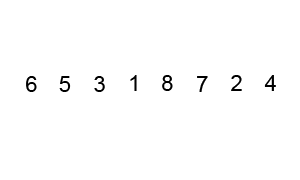Reading and writing binary files can often be a fast and very efficient alternatives to csv. They obviously have their challenges, however in this post I intent to present a very basic example of saving models (struct) into binary file and later reading it.
package main
import (
"log"
"os"
"encoding/binary"
"bytes"
"fmt"
"math/rand"
"time"
)
//this type represnts a record with three fields
type payload struct {
One float32
Two float64
Three uint32
}
func main() {
writeFile()
readFile()
}
func readFile() {
file, err := os.Open("test.bin")
defer file.Close()
if err != nil {
log.Fatal(err)
}
m := payload{}
for i := 0; i < 10; i++ {
data := readNextBytes(file, 16)
buffer := bytes.NewBuffer(data)
err = binary.Read(buffer, binary.BigEndian, &m)
if err != nil {
log.Fatal("binary.Read failed", err)
}
fmt.Println(m)
}
}
func readNextBytes(file *os.File, number int) []byte {
bytes := make([]byte, number)
\_, err := file.Read(bytes)
if err != nil {
log.Fatal(err)
}
return bytes
}
func writeFile() {
file, err := os.Create("test.bin")
defer file.Close()
if err != nil {
log.Fatal(err)
}
r := rand.New(rand.NewSource(time.Now().UnixNano()))
for i := 0; i < 10; i++ {
s := &payload{
r.Float32(),
r.Float64(),
r.Uint32(),
}
var bin\_buf bytes.Buffer
binary.Write(&bin\_buf, binary.BigEndian, s)
//b :=bin\_buf.Bytes()
//l := len(b)
//fmt.Println(l)
writeNextBytes(file, bin\_buf.Bytes())
}
}
func writeNextBytes(file *os.File, bytes []byte) {
\_, err := file.Write(bytes)
if err != nil {
log.Fatal(err)
}
}
The code presented above will randomly populate 10 records of type payload and save it to a binary file, then it will read those 10 records as well.
